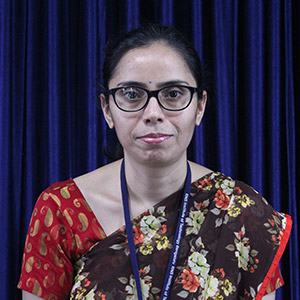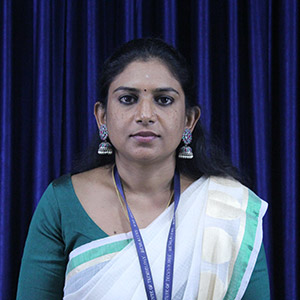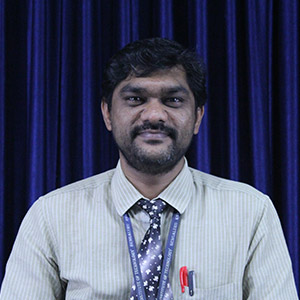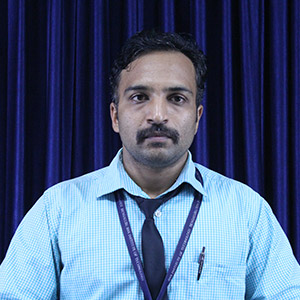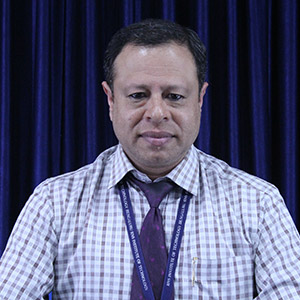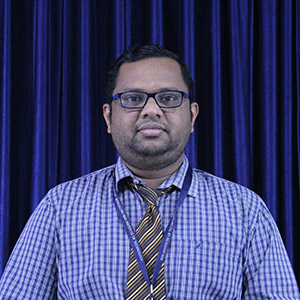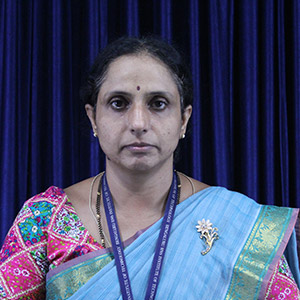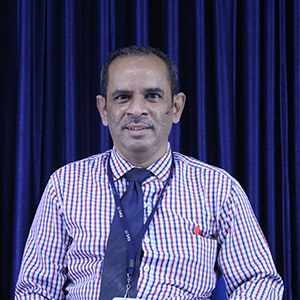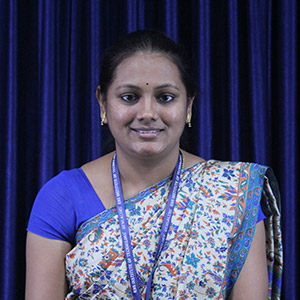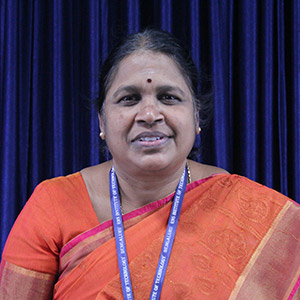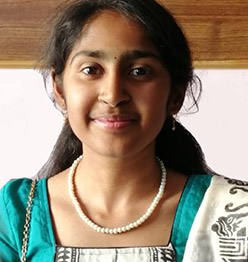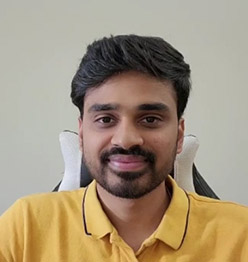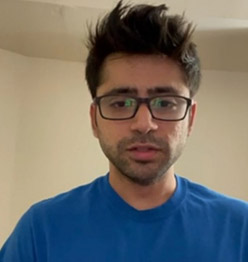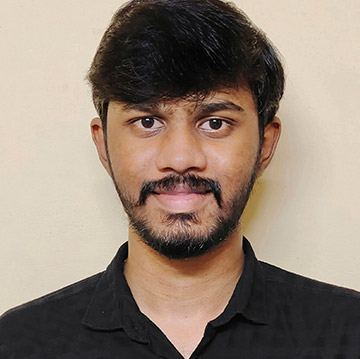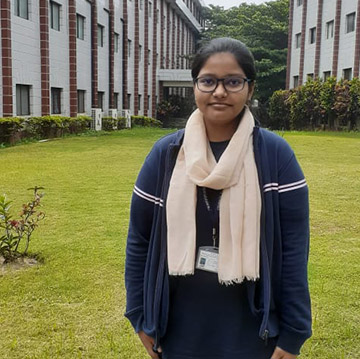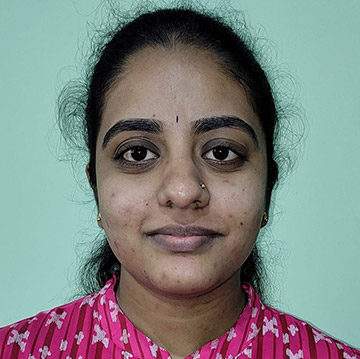

About the Department
The Department of Electrical & Electronics Engineering at RNSIT was started in the year 2004 with a sanctioned intake of 60. The program is NBA accredited and the college is accredited by NAAC with an ‘A’ grade. The department is headed by Professor, Dr. Sumathi S, who has specialized in the area of Power Systems. The department has a total staff strength of 22, including teaching and non-teaching staff.
The well qualified and committed staff, along with the students of the department are working with the vision of making the department one of the best in India in both formal and non-formal education, and offering various research opportunities and services in Electrical Engineering over the next decade. The department provides an excellent learning environment supported by quality teaching with skilled faculty.
The students are well-trained with the support of the placement cell, subsequently paving the way for them in getting placed in top companies. The graduates have performed exceptionally well and achieved significant heights in their career prospects. The department has bagged a total of 11 VTU ranks (9 UG & 2 PG ranks) in VTU examinations till date.
The faculties of Electrical Engineering are involved in active research in the areas of Power Quality, Power System, Voltage Stability, Electric Drives, Power Electronics, Electric Vehicles and High Voltage Engineering. The focus of the department currently is to set up an R&D centre to enable teachers to work for their research purpose, along with undertaking industrial consultancy.
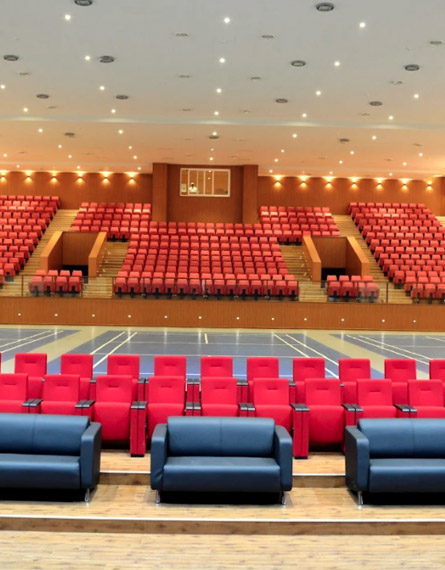
Vision
Pursuit of excellence in the field of Electrical & Electronics Engineering.
Mission
- To prepare students to achieve core competence and academic excellence.
- To provide necessary skills to design, develop and solve complex problem in the field of Electrical & Electronics Engineering and contribute to technological growth
- To make them ethical professionals/entrepreneur capable of adapting to changes in technologies, and contribute to society.
- To support students to develop leadership qualities, self-learning abilities, communication skills and teamwork skills
- Ability to design, analyse, and model Electrical systems by applying the knowledge of Circuit Theory, Control Systems, Power Systems and Power Electronics.
- Ability to understand and apply latest technologies of Electrical Engineering to develop products useful for society and industry.
- Ability to provide eco friendly project solutions for Electrical Systems.
- Engineering knowledge: Apply the knowledge of mathematics, science, engineering fundamentals, and an engineering specialization to the solution of complex engineering problems.
- Problem analysis: Identify, formulate, research literature, and analyze complex engineering problems reaching substantiated conclusions using first principles of mathematics, natural sciences, and engineering sciences.
- Design/development of solutions: Design solutions for complex engineering problems and design system components or processes that meet the specified needs with appropriate consideration for the public health and safety, and the cultural, societal, and environmental considerations.
- Conduct investigations of complex problems: Use research-based knowledge and research methods including design of experiments, analysis and interpretation of data, and synthesis of the information to provide valid conclusions.
- Modern tool usage: Create, select, and apply appropriate techniques, resources, and modern engineering and IT tools including prediction and modeling to complex engineering activities with an understanding of the limitations.
- The engineer and society: Apply reasoning informed by the contextual knowledge to assess societal, health, safety, legal and cultural issues and the consequent responsibilities relevant to the professional engineering practice.
- Environment and sustainability: Understand the impact of the professional engineering solutions in societal and environmental contexts, and demonstrate the knowledge of, and need for sustainable development.
- Ethics: Apply ethical principles and commit to professional ethics and responsibilities and norms of the engineering practice.
- Individual and teamwork: Function effectively as an individual, and as a member or leader in diverse teams, and in multidisciplinary settings.
- Communication: Communicate effectively on complex engineering activities with the engineering community and with society at large, such as, being able to comprehend and write effective reports and design documentation, make effective presentations, and give and receive clear instructions.
- Project management and finance: Demonstrate knowledge and understanding of the engineering and management principles and apply these to one’s own work, as a member and leader in a team, to manage projects and in multidisciplinary environments.
- Life-long learning: Recognize the need for and have the preparation and ability to engage in independent and life-long learning in the broadest context of technological change.
- Have strong knowledge of core Electrical Engineering and Basic sciences to excel in their career
- Be able to pursue career in multi disciplinary areas involving core engineering subjects.
- Have ability for lifelong learning, use modern tools, and contribute to Research and development in niche areas.
- have positive attitude, good communication skills and professional ethics
HOD's Message
Our Latest Events
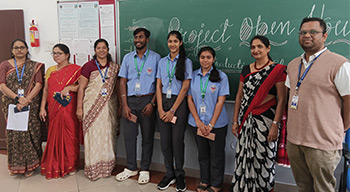
IEEE Sponsored Project Open House
Dept of EEE hosted a project open house event under IEEE sponsorship to showcase the practical implementation of theoretical concepts.
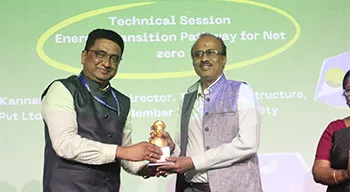
Technical Talk on “ Energy Transition Pathway to Net Zero”
Dept of EEE had organised a Technical Session on " Energy Transition Pathway to Net Zero" under RNSIT IEEE Student chapter.
Dr.Balaraman Kannan, Executive Director, IDAM Infrastructure Pvt Ltd, Senior IEEE member, PES society was the guest speaker, addressing on increase in energy demand in the coming years and the pivotal role of Renewable energy sources in meeting this demand.
On the same occasion, Dept annual newsletter DHWANEEE, 13th edition was released presided by respected Principal Dr.Ramesh Babu H S.
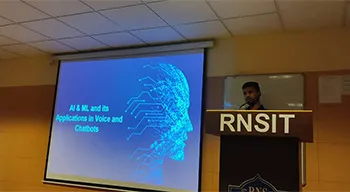
Expert Talk on “AI & ML in Industry of Chatbots and Voicebots”
An expert technical session on “AI & ML in Industry of Chatbots and Voicebots” was arranged by EEE dept for second year and prefinal year students.
Mr.Ashrith, Associate Manager, Yellow.ai, Bengaluru and Alumnus of EEE dept, was the speaker
The session was focused on giving insights about working mechanisms of chatbots and voicebots with demonstration of the model developed by yellow.ai
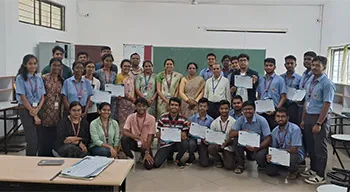
IoT Project open house for 2nd semester students
This event was conducted to exhibit the various IoT applications by designing and implementing prototype models by 2nd semester students of various branches of 2023-24 batch.
This helped students to appreciate the practical implementation of theoretical concepts learnt in their curriculum.
The event was hosted by EEE Dept, Dr.Rashmy Deepak,Dr.Sharada Prasad N were coordinators and the projects were judged by Dr.Kavi Mahesh, Distinguished Professor, CSE Dept, Dr.S.Sumathi, Dean Academics & Professor ,EEE Dept and Dr.S.V.Uma, Dean First Year & Professor, ECE Dept.
Achievements of The Department
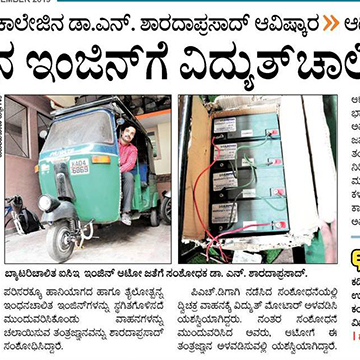
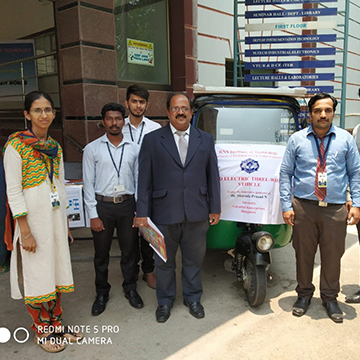
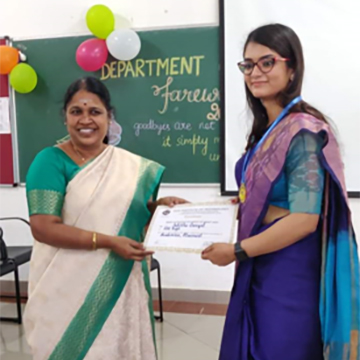
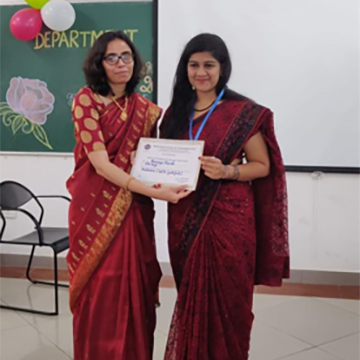
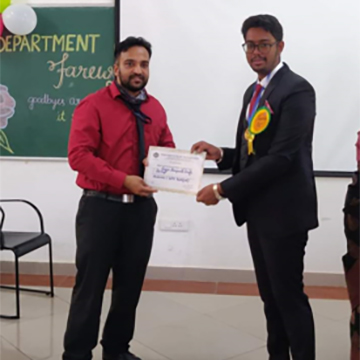
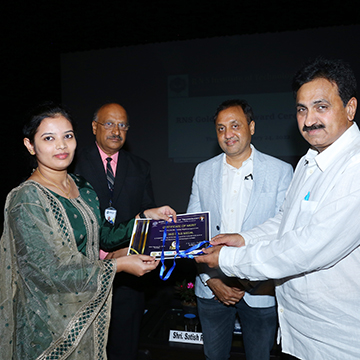
Placement Statistics










Gallery
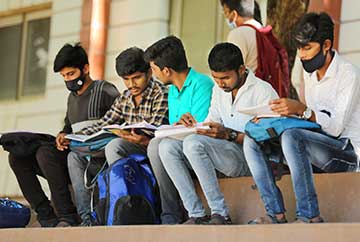
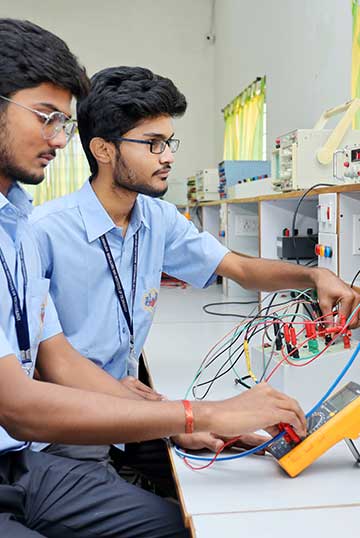
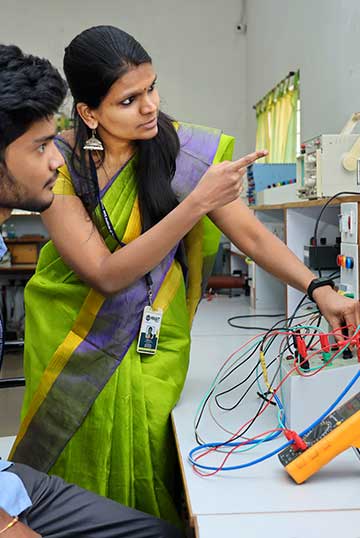
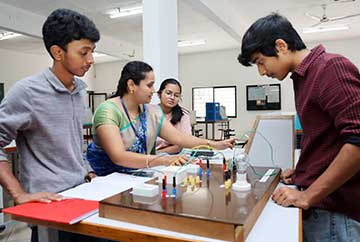
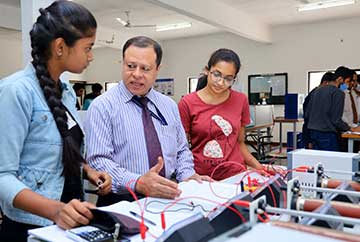
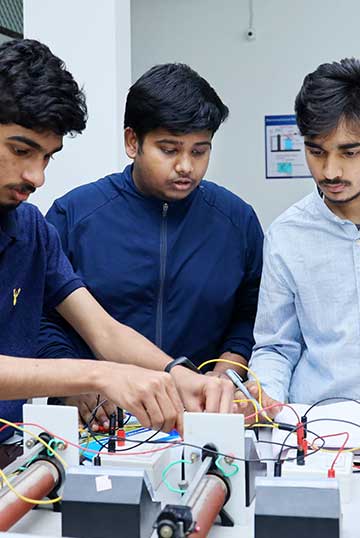
Lush Green Campus with Top Placement Opportunities
Teaching Staff
Student Testimonials
Get In Touch
-
 principal@rnsit.ac.in
principal@rnsit.ac.in
-
 080 28611880/
1/
2,
+91 90359 60355
080 28611880/
1/
2,
+91 90359 60355
-
 RNS Institute of Technology,
RNS Institute of Technology,
Dr. Vishnuvardhan Road
R R Nagar Post
Channasandra
Bengaluru -560 098
Send A Message

